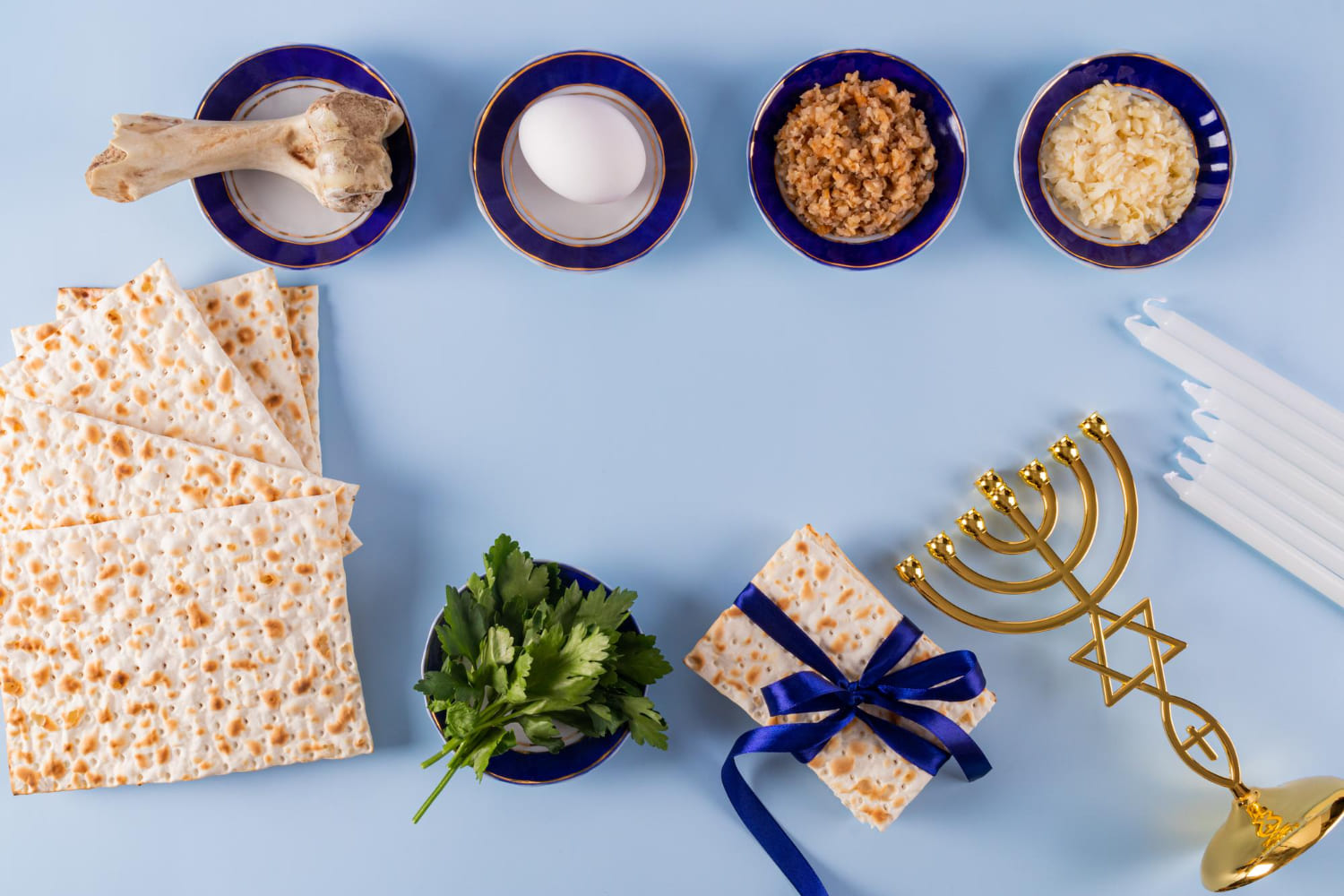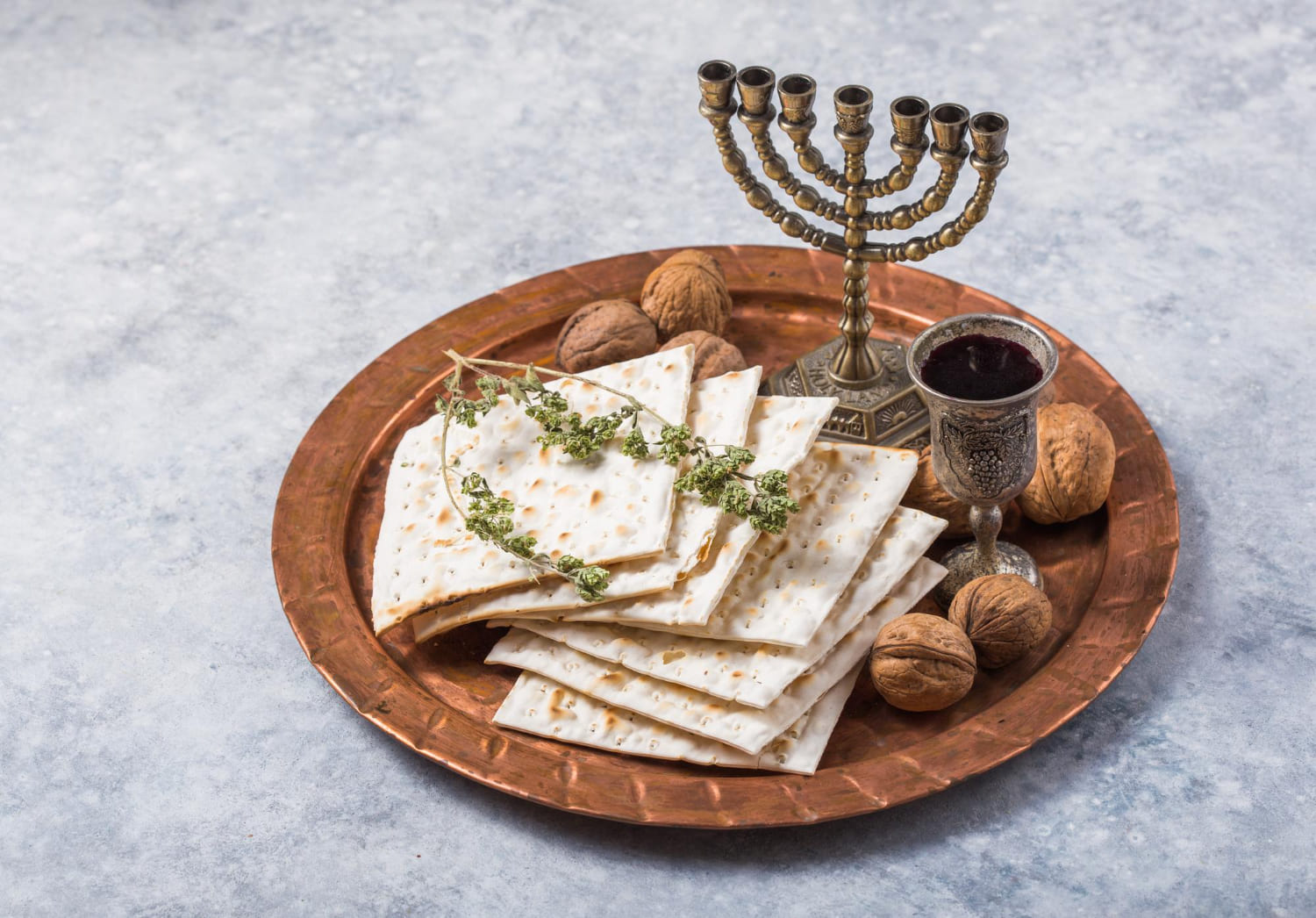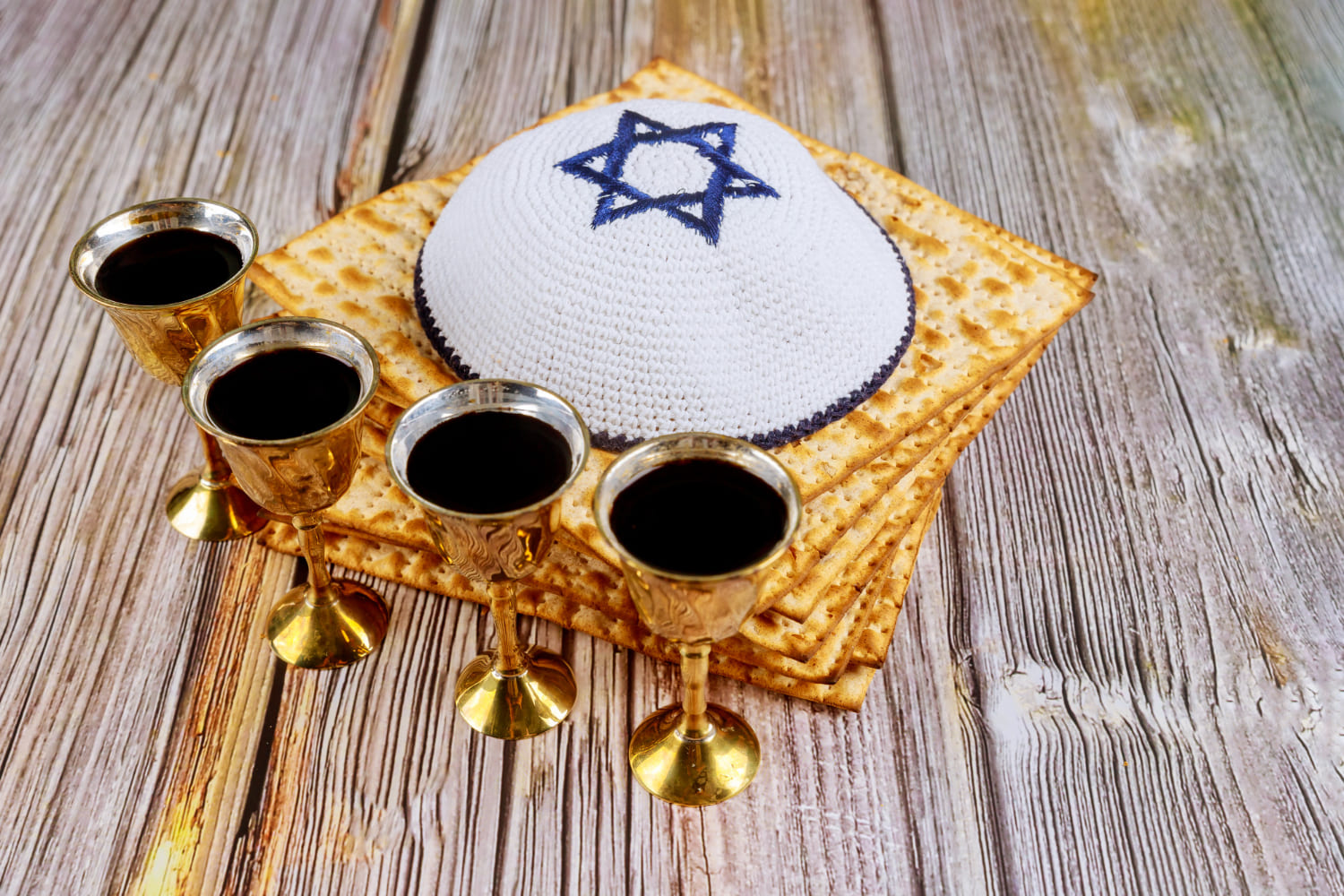Are you thinking of converting to Judaism or hosting a Jewish person in your home? Make sure you know which foods are Kosher and which are off-limits.
Simply put, yes, Jews do eat beef. In fact, beef is a vital part of the diet for Ashkenazi Jews. While there are some restrictions on eating beef (as well as all meat), these are primarily based on environmental as well as ethical hang-ups, not religious ones.
Keep reading for a detailed look at what parts of the cow Jews are permitted to eat under kosher guidelines.
What Does “Kosher” Mean?
Probably the most iconic thing about Judaism is the strict diet that Jews must follow. This diet, for many Jews, is about more than just food safety and nutritional health.
Keeping kosher is about religious reverence and adherence to the Torah, the sacred book of Judaism.
The term “kosher”, or “Kashrut”, means “suitable for consumption” and refers to food that meets the specific nutritional requirements of traditional Jewish law.
There are seven guidelines by which food is determined to be Kosher or non-Kosher. These principles determine which animals Jews may eat, as well as how meals are prepared and how animals are slaughtered.
Like with any religion, or set of rules, not all Jews follow strict kosher guidelines. Some may adhere to only some kosher rules, while others choose to follow none.
What Makes A Food Kosher?
- There are several animals whose consumption is prohibited, including eggs, organs, milk and flesh. Some common animals on this list are pig, rabbit, and shellfish.
- Mammals and birds that can be eaten must be slaughtered following Jewish law. The person conducting the slaughter must do so in a manner in which the animal does not suffer unnecessarily. Further, animals who were killed by other animals or died of natural causes may not be eaten. Typically, a rabbi must supervise the process for a food to be certified “kosher”.
- Before eating approved meat, all blood must be completely drained or cooked out.
- There are particular parts of approved animals that are prohibited as well.
- Meat and dairy cannot be consumed in the same meal. One must wait 3 to 6 hours between consumption.
- Utensils used to cook non-kosher foods may not be used to prepare kosher foods. Further, utensils that have come into contact with dairy, should not be used for meat, and vice versa.
- Jews may not consume grape products prepared by non-Jewsish people.
Do Jews Eat Beef?
Jewish law permits the flesh of any animal who chews its cud and has cloven feet to be eaten. Cattle fall into this category (along with goats, deer, and sheep), and therefore may be consumed by a Jewish person (Leviticus 11).
However, Jews are only permitted to consume meat from the cow’s front quarters because the hindquarters are considered unclean. This means that cuts of beef such as round, flank, and sirloin are not kosher and cannot be eaten by Jews who follow strict kosher guidelines.
Do Jews Eat Cheeseburgers?
According to religious tradition, Jews are prohibited from mixing dairy and meat products. The rationale here comes from the Torah and advises against cooking a child in milk from its mother. Jews, who follow strict kosher guidelines, are not allowed to eat a traditional cheeseburger.
They can, however, enjoy a kosher-approved veggie burger with kosher-certified cheese. The burger is then kosher because it is considered a dairy product rather than a meat product.
Do Jews Eat Steak?
Kosher beef is now sold in many supermarkets with the blood already drained, allowing for as much or as little cooking as desired. The typical steak purchased at the grocery store or ordered in a restaurant must be cooked to “well done.” There must be no blood running from the meat in order for it to be kosher.
Furthermore, Jews who follow kosher guidelines are only permitted to consume beef cuts carved from the cow’s forequarters. These five primal cuts are:
- Rib
- Chuck
- Plate
- Shank
- Brisket
Filet mignon is technically a kosher steak, but it is very close to the forbidden sinew in the cow’s leg.
As a result, separating the permissible from the prohibited parts requires a highly skilled butcher and can be quite costly.
Jewish communities are able to enjoy beef, as long as it is prepared in a kosher-certified manner.
When in doubt, check the label at the supermarket for kosher-approved products, or ask your server to ensure your meal is prepared appropriately.







